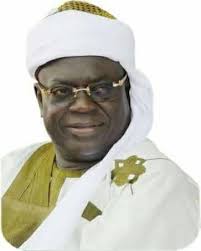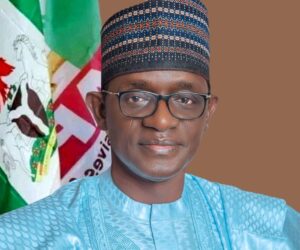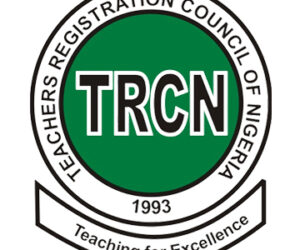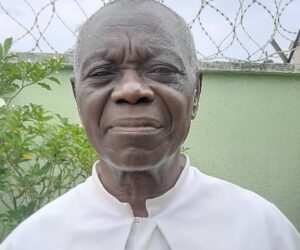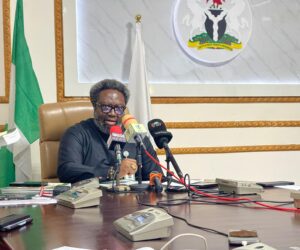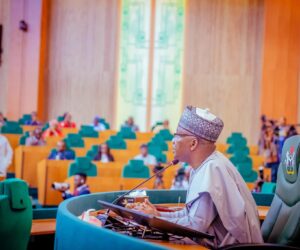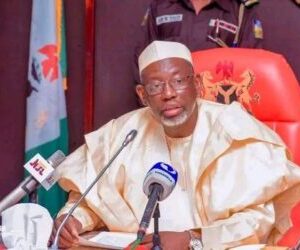Dr. Mu’azu Babangida Aliyu stands as one of the most luminous exemplars of public service in contemporary Nigeria, a statesman whose trajectory embodies discipline, intellectual gravitas, and an unwavering devotion to the collective good. Emerging from the historic city of Minna, his life narrates the odyssey of a man who rose from the modest corridors of the classroom to the apex of governance, armed not with the trappings of ambition but with a profound ethic of duty. His academic sojourns, from Nigerian institutions to the distinguished halls of the University of Pittsburgh, endowed him with a rare confluence of pedagogical clarity, strategic depth, and global sensibility.
His early engagement in the labour movement revealed a moral architecture built around justice, solidarity, and institutional rectitude. Whether mobilizing teachers or negotiating on behalf of workers at national platforms, he demonstrated a fearless candour and an intellectual integrity that later became the signature of his political and administrative life. Drafted into national politics in 1983, he entered the House of Representatives with the earnest idealism of a young reformer whose compass was the public interest. Even in the arena of labour activism, he never ceased to be an educator, explaining, persuading, and building consensus — a prelude to the Chief Servant who would govern not by decree but by dialogue.
The servant leader, in his determination to pursue dialogue and advance people-oriented projects, introduced the Jama’ar Forum. At the forum, the people were given the opportunity to engage with the government and offer constructive criticism where necessary. He brought governance to the doorsteps of the people through the Ward Development Committee, which redefined development at the grassroots level.
Former Governor Babangida Aliyu executed several tangible and intangible programs. Some of them include: the construction of three new general hospitals; the establishment of a maternal and neonatal hospital; the mass recruitment of over 6,000 graduates and NCE holders into the state civil service; payment of pensions and gratuities to retirees; payment of the 13th-month salary to civil servants; free medical services for people above 70 years and children under five; payment of WAEC and NECO examination fees for students; regular bursary payments for Niger State students; and a special salary package for health workers in the state and consolidation of the newly established IBB University, Lapai.I am glad and honored to have been by his side in achieving all these remarkable strides.
Dr. Aliyu’s years in the federal public service further refined his administrative finesse. Rising to the prestigious rank of Federal Permanent Secretary, he navigated complex policy arenas with a competence that won him national repute. His stewardship across diverse ministries and working with tested five SGFs in the midst of distinguished colleagues cultivated in him a panoramic understanding of statecraft, institutional reform, and development planning, making his eventual emergence as Governor of Niger State in 2007 not merely political fortune but a logical evolution of a life steeped in public purpose.
As Chief Servant of Niger State, he redefined subnational leadership with a philosophy anchored in humility, transparency, and results-oriented governance. His administration inaugurated a sweeping transformation agenda that reinvigorated education, agriculture, infrastructure, health, and urban development while situating Niger State on a credible trajectory toward the Vision 3-2020 aspiration. His intellectual temperament, eloquence and gifted oratory gave governance an uncommon clarity; his courage fortified public discourse; his forthrightness, at times seismic, rekindled the culture of speaking truth to power.
This was the vision made manifest: in the over 250 schools built and the 20% surge in enrollment; in the 50 new primary health centres that brought about a 15% decline in maternal mortality; and a total decline in pandemic diseases, including HIV/AIDS, among other developmental strides.
Beyond the state, he became a fulcrum of northern regional leadership, chairing the Northern States Governors’ Forum for eight consequential years. He became the bridge between tradition and modernity, the calm center in the storm of regional challenges, applying the same servant’s heart to the complex tapestry of Northern Nigeria. His founding role in the Sir Ahmadu Bello Memorial Foundation, where he continues to serve as Chairman of the Board of Trustees, further testifies to his commitment to the renaissance of Northern Nigeria through education, youth development, institutional strengthening, and moral rearmament.
Decorated with Nigeria’s national honours and adorned with revered traditional titles across the federation, Dr. Aliyu’s distinction is not merely in accolades but in the intellectual force and moral clarity he brings to public life. His global lectures, delivered from Ibadan to Harvard, affirm his stature as a reflective scholar-practitioner whose insights continue to enrich national development conversations.
He forged a unique governance philosophy, a rare synthesis of Islamic ethics (Amanah), African communal values, and Greenleaf’s servant-leadership theory, proving that principle and pragmatism can be powerful allies. At the heart of this illustrious profile stands a man anchored by family, sustained by community, and nurtured by the quiet disciplines that kept him rooted: the patience of a farmer, the wisdom of a reader, and the focused direction of an equestrian. In these pursuits, he found the stillness that fueled his public action, a reminder that true power is often cultivated in silence.
Dr. Aliyu’s legacy belongs not only to Niger State but to a nation in constant search of leaders who elevate duty above self, intellect above convenience, and service above ambition. In celebrating him, we celebrate the possibility of principled leadership in our polity. His life remains a compelling testament to what disciplined scholarship, courageous truth-telling, and an ethic of service can achieve when fused in a single, resolute personality. His legacy, therefore, lies not only in the roads and schools built but in the powerful, living blueprint he leaves behind, a testament that the most effective leadership is, and will always be, service.
This, then, is the enduring challenge of his career: an invitation to a new generation to pick up the tools of service, to wield the weapon of integrity, and to build upon the foundation he so diligently laid. Farmer Governor Umar Bago is advancing frontiers in many landmark legacy projects initiated by the servant leader, such as the Three-Arms Zone, Five-Star Hotel, Ward Development Projects, and unprecedented urban renewal, and bringing back the transformation of COE Minna into a university beyond its original conception.
Happy 70th Anniversary to the iconic servant leader, Dr. Mu’azu Babangida Aliyu, CON!
Prof Yahaya Kuta is professor of Agricultural Extension at The Univeristy of Ibadan who served under the servant leader as SSG, Chief of Staff and Commissioner for Agriculture; Information, and Tertiary Education between 2007- 2015

